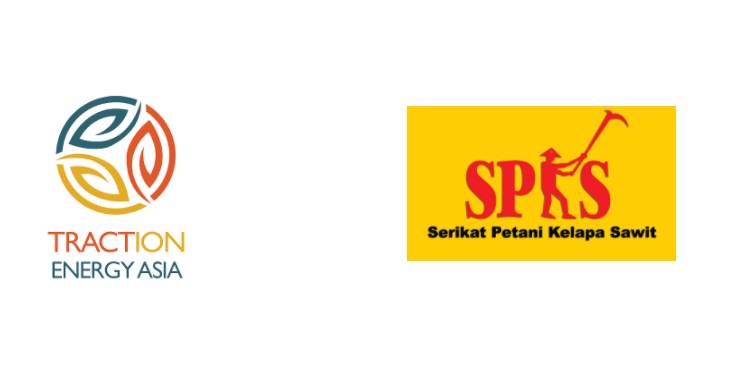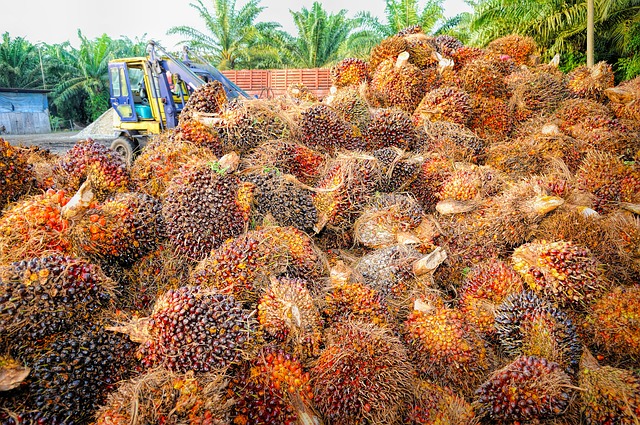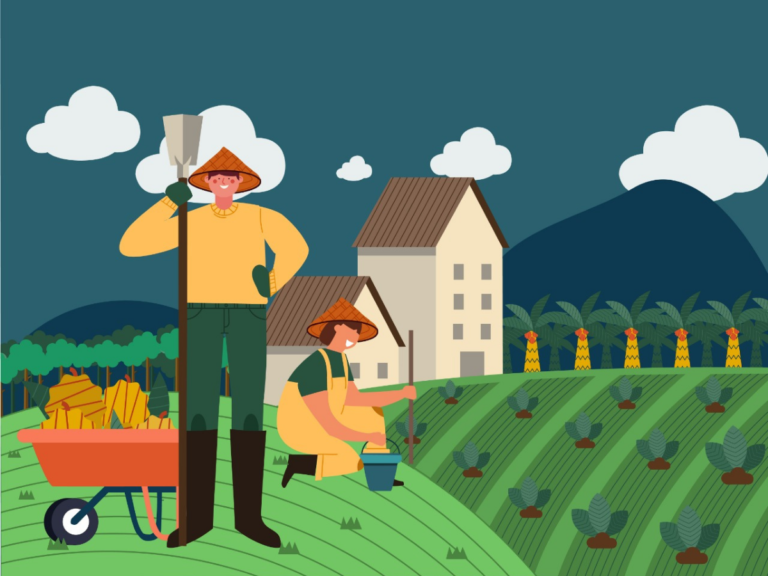Jakarta, 17 August 2020. Global warming has been getting worse and its impacts on human life and our shared environment are being increasingly felt, from ecological disasters to declining human health. “The government should reflect on the Independence of the Republic of Indonesia by paying attention to the basic human rights, as stipulated in the 1945 Constitution, which includes the right to a healthy environment,” said Ricky Amukti, Research Manager of Traction Energy Asia.
“The government should reflect on the Independence of the Republic of Indonesia by paying attention to the basic human rights, as stipulated in the 1945 Constitution, which includes the right to a healthy environment,” said Ricky Amukti, Research Manager of Traction Energy Asia.
Ricky refers to Article 28 H paragraph (1) of the 1945 Constitution, which states that “Each person has a right to a life of well-being in body and mind, to a place to dwell, to enjoy a good and healthy environment, and to receive medical care”.
“The government needs to ensure that its people can live freely from dirty energy,” said Ricky.
Ricky observed that the government has realized the importance of leaving dirty energy behind when it decided to start the transition from diesel to biodiesel. However, biodiesel still cannot be considered as a clean energy.
The Traction Energy Asia research, “Greenhouse Gas Emission from Biodiesel Production in Indonesia” (2019), finds that producing biodiesel still emits a large amount of greenhouse gas (GHG) from the production of crude palm oil (CPO) by palm oil companies, in the form of methane.
This is contradictory to the government’s claim that increased biodiesel production can reduce emissions. Moreover, biodiesel is susceptible to increased emissions through land use change in order to clear more forests to grow more palm oil to meet the demand.
The Indonesian Government formulated the Nationally Determined Contributions (NDCs) as a follow-up to its commitment to the Paris Agreement in November 2016.
“In the NDC, Indonesia is committed to the utilization of methane capture facilities in palm oil companies. Unfortunately, neither the government nor the companies appear to be serious about the implementation,” said Ricky.
Ricky explained that the use of methane capture facilities by palm oil companies can actually reduce about half of the total palm oil mill (POM) emissions. “The government should carry out the Paris Agreement commitments to control POM emissions, as well as to re-evaluate the large subsidies provided to the CPO-based biodiesel industry. The government should also start to reallocate the incentives to the development of second-generation biofuels derived from waste, such as used cooking oil, as well as to the development of other clean energy sources, such as geothermal and rooftop solar panel,” he continued.
Meanwhile, the Secretary General of the Palm Oil Farmers Union (SPKS), Mansuetus Darto, said that one of the issues faced in biodiesel production is the lack of transparency from palm oil companies regarding their source of fresh fruit bunches (FFB). He believed that the government could solve the issue by involving independent palm oil smallholders in the supply chain of the biodiesel industry.
“The smallholders’ involvement can be beneficial for the companies, help the government in tracing the source of the FFB, as well as benefit the smallholders who have been key to the biodiesel industry,” Darto said.
Darto recommended that the government carry out its commitment to biodiesel program development by filling the gaps in its management system, including the absence of the smallholders’ involvement.
The 75th Commemoration of Indonesia’s Independence can provide the momentum for the government and palm oil companies to redouble their efforts to fulfil their commitments to the right to an environment that is healthy and free from dirty energy. It is also a fitting day for the government to liberate Indonesia’s citizens from dirty energy.
Contacts:
Secretary General, Palm Oil Farmers Union (SPKS), Mansuetus Darto (+62 811-9266-663)
Research Manager, Traction Energy Asia, Ricky Amukti (+62 877-8189-3015)
Communication Staff, Traction Energy Asia, Fadiyah (+62 877-8317-4140)
Palm Oil Farmers Union (SPKS) is an organization of palm oil farmers with around 58 thousand members across 14 regencies. Traction Energy Asia is a research institute focusing on issues of transition to clean and renewable energy.





